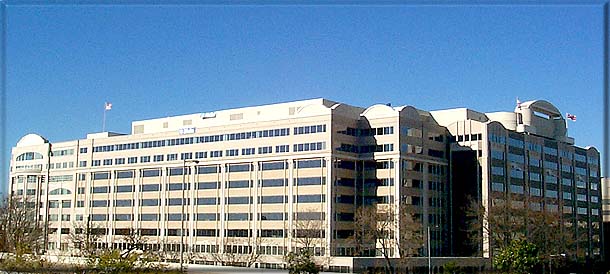The Federal Communications Commission voted today to reclassify broadband as a utility, saying that both fixed and mobile broadband access should be regulated as telecommunications services. The agency is reclassifying broadband under Title II of the Telecommunications Act.
The FCC’s order includes three key new rules. First, broadband providers cannot block access to any lawful content or device. Second, they may not impair or degrade connectivity on the basis of content or paid prioritization. And finally, they may not establish “fast lanes” that offer higher speeds to some providers in exchange for consideration of any kind. These new rules and their specific implementations will almost certainly be challenged in the courts.
The FCC pointed out that its new rules do not subject Internet service providers or mobile operators to unbundling or to new tariffs, taxes or fees. Not all the commissioners agree on this point.
“Read my lips. More new taxes are coming,” said Republican Commissioner Ajit Pai.
Pai argued that the new rule will mean higher prices, slower speeds and fewer broadband deployments. “Consumers should expect their bills to go up and they should expect that broadband will be slower going forward,” he told the audience.
The agency said today that service providers have “a duty to make necessary traffic arrangements that allow consumers to use the Internet as they wish.” This includes mobile network operators.
“Users of mobile devices should not be relegated to second-class Internet service,” said Democrat Commissioner Mignon Clyburn. “Many low-income Americans rely heavily on mobile devices and some rely on those mobile devices as their only access to the Internet. They deserve an experience on par with their wired peers.”
Mobile operator impact
For mobile operators, the new regulation will bring several significant changes to data pricing options. Sponsored data plans and so-called “zero-rate” data plans will both be called into question.
Sponsored data is a pricing strategy introduced last year by AT&T, which allows companies to pick up the tab when users consume their data on mobile devices. So, for example, a movie studio could in theory offer lengthy trailers on AT&T Mobility’s network, and subscribers would not pay for the data consumed while watching.
Before today’s vote, the FCC had said that sponsored data constitutes paid prioritization, meaning that it would not be allowed under the new net neutrality rules. However, some of those who have the most to lose remain hopeful.
Syntonic is a company that has stepped up to serve as the “middleman” between AT&T and its sponsored data partners. Syntonic CEO Gary Greenbaum told RCR Wireless News that “there is optimism for sponsored data in the U.S. and … this optimism is also echoed by several operators whom I’ve spoken to. I do suspect there will be a few specific areas of caution, however, that don’t apply to our business, e.g. edge-provider exclusivity.”
The FCC does not want corporate control of the consumer Internet experience, whether it is wired or wireless. However, it does want to keep access prices under control and sponsored data could help.
“In my opinion, FCC is actually more concerned with creating ‘universal (basic) broadband access’ for everyone under Title II and is likely to take a dim view of restrictions that increase costs of consumer access by cutting off sponsors,” said analyst Sue Rudd of Strategy Analytics.
Zero-rated data is like sponsored data from the user’s perspective, because there is no charge. The mobile operator or its content partner picks up the tab. Like sponsored data, zero-rated data is threatened.
Regulation is also likely to impact some of the network optimization policies that mobile operators use to prevent the heaviest data users from slowing down the network for others. Several service providers have experimented with rules that slow data speeds for users who surpass a data cap or use their mobile device for peering or tethering. These actions have been labeled “throttling” by critics and may be deemed illegal under net neutrality laws.
Follow me on Twitter.

